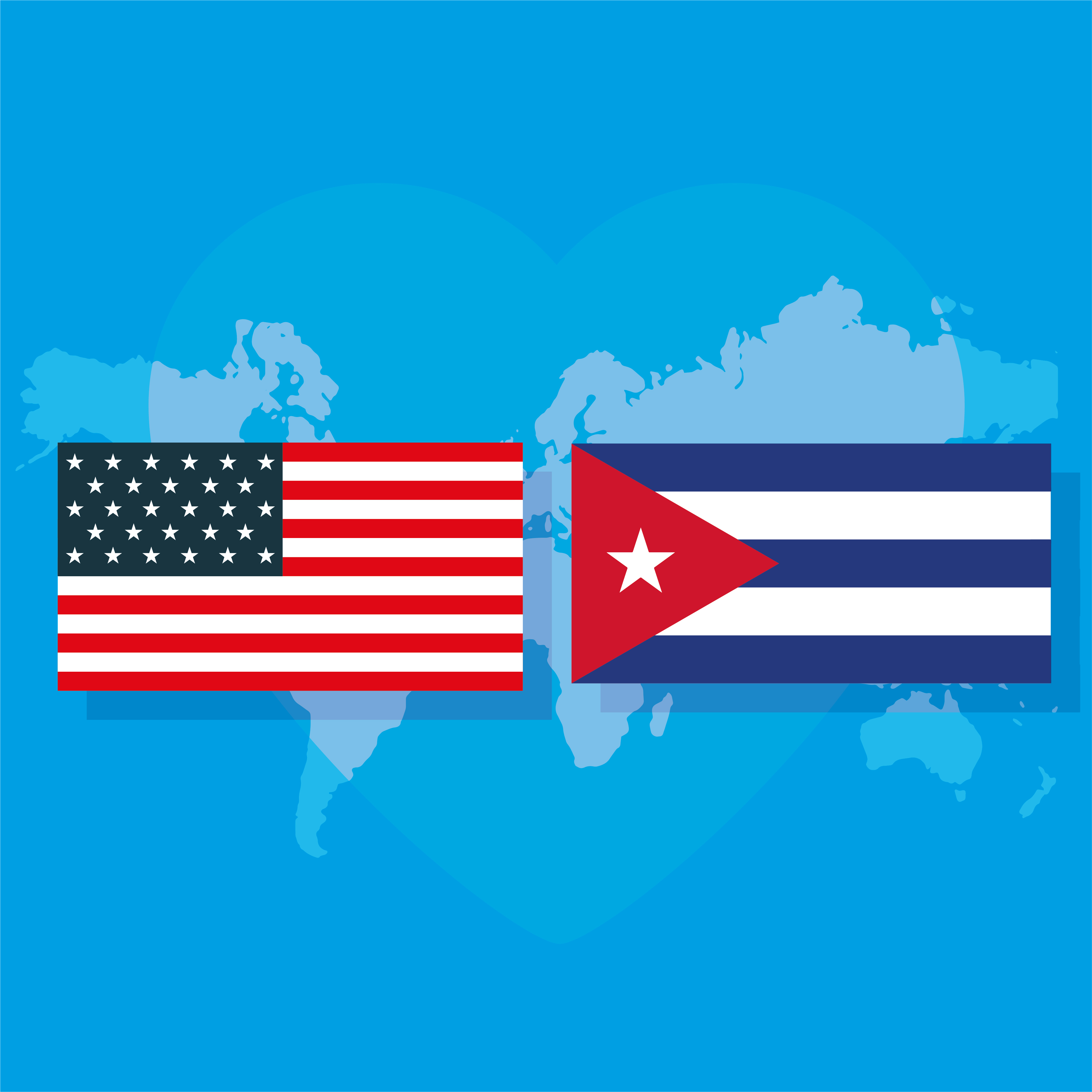I started working in the nonprofit sector in 2008, where I witnessed and helped a slow trickle develop into a healthy stream of Cubans on the West Coast needing representation. They refer to me as “la Chinita.” The Cubans, just like any other immigrant community, disseminate news amongst each other rapidly, both true and false. So, when President Obama announced the immediate elimination of the parole policy for Cubans, my phone and email inbox seemed to burst into flames with inquiries from concerned Cubans already in the United States awaiting their green cards, and from other attorneys that know of my large pool of Cuban clients.
On Thursday, January 12, 2017, President Obama announced the end of the “wet-foot/dry-foot” policy pertaining to Cuban nationals. The Cuban Adjustment Act (CAA), enacted in 1966, allows Cubans who entered the United States—with or without a visa—to apply for lawful permanent resident status after residing in the U.S. for one year and one day. It also allows derivative spouses and children to benefit from this same law. President Clinton implemented the “wet-foot/dry-foot” policy which required Cubans to make it to U.S. land in order to qualify under the CAA; those interdicted at sea would not qualify.
To oversimplify, the “wet-foot/dry-foot” policy meant that Cubans just needed to get a foot on U.S. soil to eventually obtain permanent residence. Once on land, they could either receive parole from a border officer or affirmatively apply for parole at a local U.S. Citizenship and Immigration Services field office. There was never a need to prove anything beyond Cuban nationality, residence in the U.S. for one year and one day, and no criminal issues that would bar issuance of a green card.
In a way, the elimination of the wet-foot/dry-foot policy is no surprise. The writing was on the wall that changes would be made to the treatment of Cubans in the immigration system as U.S. relations with Cuba began to normalize. What was shocking was that the announcement took effect immediately without any advance notice.
Our nation’s immigration system and policies can and should change to reflect present-day reality or future needs. However, any changes in policies must adequately protect those who are seeking refuge due to persecution, a fundamental tenet of our asylum laws. What that means is that no one, no matter where they are from, who has a legitimate claim for protection under our laws should be subject to expedited removal or to mandatory detention. While this shift in policy ends the automatic parole of Cubans if they get that foot on U.S. soil, Cubans can still apply for asylum and humanitarian protection. And many Cubans will still qualify for lawful permanent residency under the CAA, which would require an act of Congress to repeal.
The lack of information about the policy change means that it’s unclear whether Cubans who are in the United States can still affirmatively apply for parole at a local field office. My clients who are counting the days until they reach one year and one day immediately thought they were out of luck. Others voiced concern about the fate of their family members who are in the process of receiving parole under the Cuban Family Reunification Parole Program (CFRP)—which remains in effect.
This change in policy must be rolled out responsibly and effectively in the field. My hope is that the agents get the training they need to ensure they respond to each case on its own merits. It would be a travesty if the new policy resulted in blanket denials of entry to Cubans without adequate screening for asylum and other relief.
For now, I am just letting my Cuban clients know that they are still eligible for a green card, the CAA still exists, they can still bring family members to the U.S. under the CFRP and they should ask their trusted attorney for answers rather than take rumors as truth. It is just the start of the new year. La Chinita is prepared for what seems to be a potential whirlwind 2017.
Written by Tammy Lin, Member, AILA Media Advocacy Committee







